Blogs
My name is Elizabeth Naraine, and I am excited to join the HealthyPlace community as a new author for "Treating Anxiety." Anxiety has affected me in different ways throughout my life. Beginning in the early years of elementary school, I experienced racing thoughts and a pit in my stomach before the day started. Throughout my teen and adult years, it evolved to constant worrying about my future, career outlook, and relationships. My goal with this blog is to help you feel supported and understood through the challenges of living with anxiety and offer a glimmer of hope that there are effective ways to treat anxiety and overcome it.
I've found that depression and isolation go together. I was responding to a comment on Jennifer Tazzi's blog post "What to Do When Depression Feels Like a Glass Wall" from several years ago. Her post inspired me to write about isolation and derpession because I could relate.
Have you heard of a life script? Changing your life isn't easy, especially when you seek change that stands the test of time. I have been struggling to make some changes, and in a recent therapy session, I learned a technique that can help anyone steer their life in the direction they want. It's called rewriting your life script, and it can transform your life in ways you never thought possible.
There are healthy alternatives to gambling, but building healthy habits as a recovering gambling addict is not easy. One day, you feel like it's all behind you, and the next, you are fighting the urge not to place that bet. This was me a couple of years back. Weeks and even months of abstinence would crumble at the allure of the casino until I realized that recovering from gambling addiction requires more than just abstaining from placing bets. Recovery also involves finding healthy alternatives to gambling, supporting your current lifestyle.
Preparing for a vacation can be particularly anxiety-inducing for me. There is so much to get done, many things to worry about, and, in my case, two little kids and a giant dog to care for on top of everything else. It is hard to stay motivated and get everything done without feeling brain fog and nausea. Below are six ways I handle my anxiety and vacation preparation in the summer months.
Goal-setting with borderline personality disorder can be difficult. Living with borderline personality disorder (BPD) feels like being trapped in an endless loop, where the same mistakes replay like a broken record. This seems to be true for me, especially when setting goals. Without smarter goal-setting in BPD, living up to my dreams and aspirations can feel like trying to catch a cloud and pin it down.
During my recent vacation, I faced an unexpected binge-eating challenge. Reflecting on this experience taught me valuable lessons about my relationship with food and how to manage it better. Here's what I learned about binge eating during my vacation.
If you're a digital activist, you need to protect your mental health. In today's hyperconnected world, anyone can be an activist, and so many of us are. It's incredible to see young people actively working to improve the world we live in. However, while advocating for causes like social justice is crucial, so is making time for self-care. After all, digital activism can take a toll on your mental health just as much as traditional activism. Let's explore how you can protect your mental health as a digital activist.
I am having trouble getting a medication for my schizoaffective anxiety. The main issue is that it is now considered a controlled substance, so my insurance is very wary of accepting an updated prescription with a slightly greater dose. Let me tell you more about my problems getting this medication for my schizoaffective anxiety.
I've found exercise can help with anxiety. In my experience, physical activity allows me to release emotions that I am feeling, helps me feel less tense, and helps improve my sleep. Since developing a regular routine, I've noticed my anxiety has been helped by the exercise.

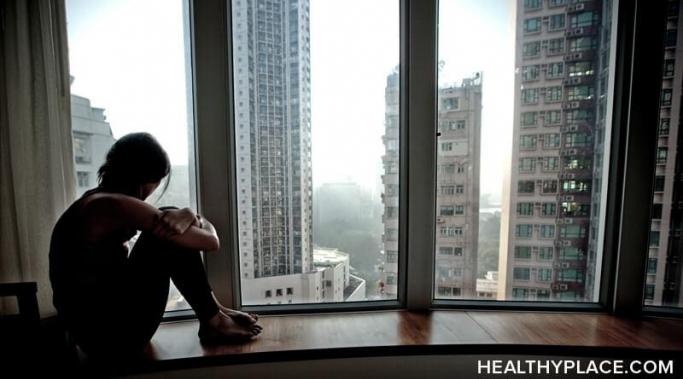



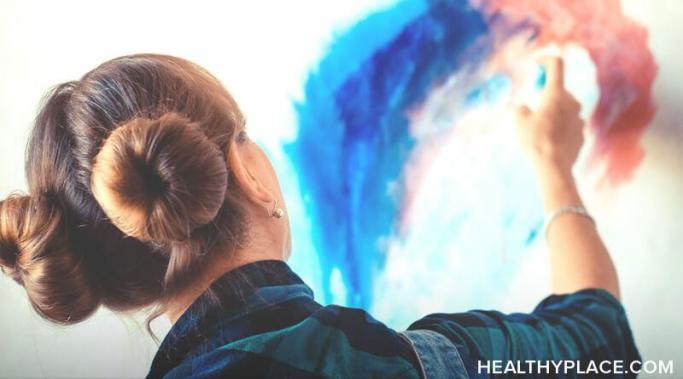
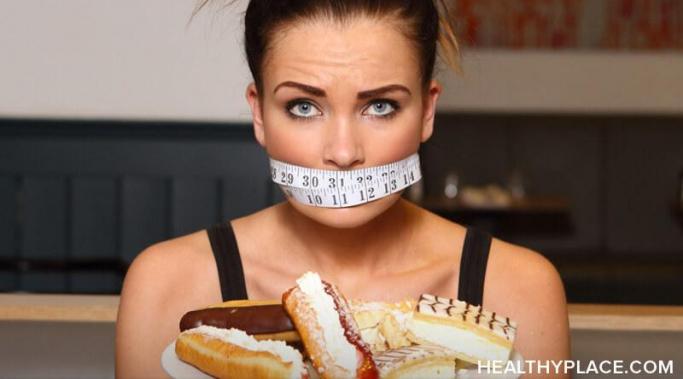
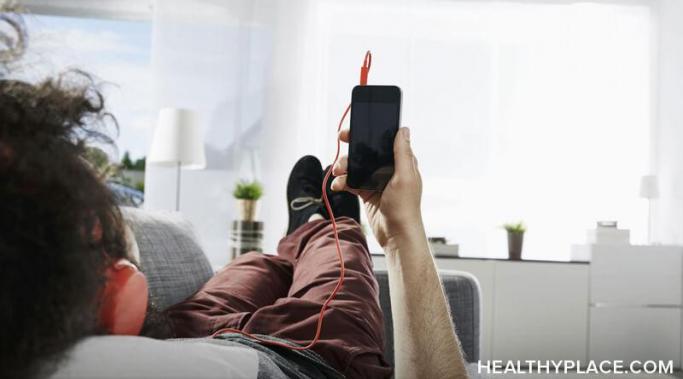
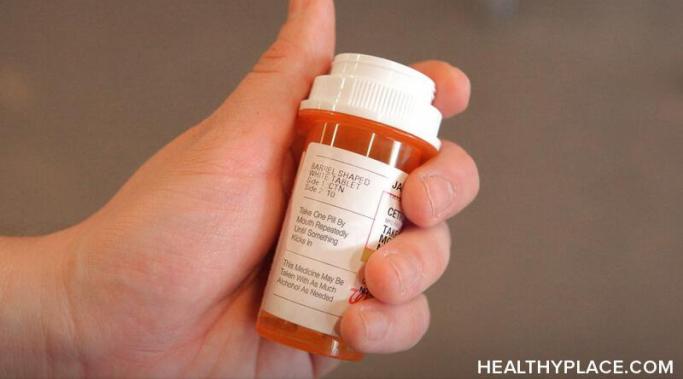

Also, abuse is wrong, and in order for it to be abuse means there is automatically someone on the receiving end who doesn’t deserve it, which is what is called a victim. In actuality, you can be both a victim AND a survivor AT THE SAME TIME.
I am interested in a lot of the topics available on this site, but this article honestly makes me question how ignorant and untruthful/misrepresenting other articles on this site might be. This article betrays credibility for the site as a whole. Might want to consider that. Especially with both disability AND domestic violence being on the rise…this article is only going to get more and more negative feedback over time.